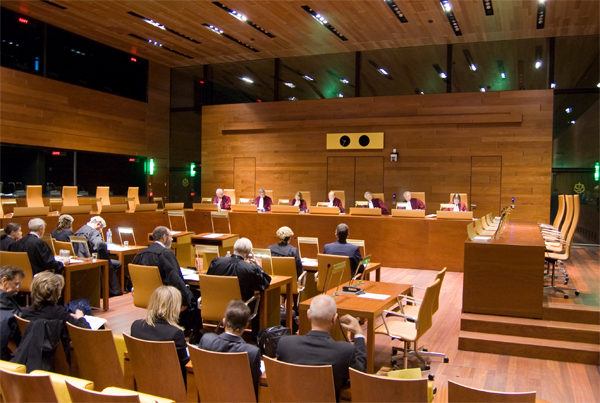A European court ruling against Google means search engines may have to respect “the right to be forgotten.” But exactly how the judgment will work in practice is unclear.
In principle, the ruling means people have the right to demand that search results pointing to information about them be removed from indexes. It appears to affect any search engine offering results to European customers, regardless of the service’s physical location.
The ruling came in the European Court of Justice. That’s the court which has the final say on the implementation of those laws that apply across the 28 member states of the European Union.
The case originally stemmed from a complaint by a Spanish man who wanted Google to remove links to 16-year-old newspaper articles about his home being repossessed. He felt it was unfair that such dated and negative material should now appear prominently when somebody searched for information about him.
Although he has previously said he’s satisfied with the way the complaint was settled, the case proceeded up the court system as a key test of European Union policy. The EU has previously argued that a “right to be forgotten” is a key element of the right to privacy, making the case a clash between privacy and freedom of expression.
The court ruling appears to be something of a compromise between the two. It says that somebody who is upset about information about them online must first approach the page operator and ask for it to be removed. If the operator refuses to do so, the person can then ask search engines to remove the information.
The search engine must then assess the request, taking into account factors such as how dated the information is, and whether the person is a public figure with less expectation to a right to privacy. If the search engine refuses to remove the material, the person can ask a court to review the decision. This applies even if the original web page operator is acting perfectly legally in publishing the information online.
The key to the court decision is that judges ruled search engines are effectively creating a new publication when they put together a list of links on a subject. This “new publication” comes under privacy laws in its own right and is arguably being held to a higher standard than individual web pages because it is more prominent and comprehensive.
It’s important to note that the ruling does not affect the original publication itself. It doesn’t give people any new or extra rights to demand that the relevant web page be altered or taken offline.
Google says it will have to “take time to analyze the implications” of the ruling. There’s no easy legal route of appeal against the ruling, but it’s possible Google could choose to refuse some or all requests for removal and fighting individual cases in court, perhaps establishing clearer thresholds on how dated or irrelevant information must be before it is forced to remove links.

